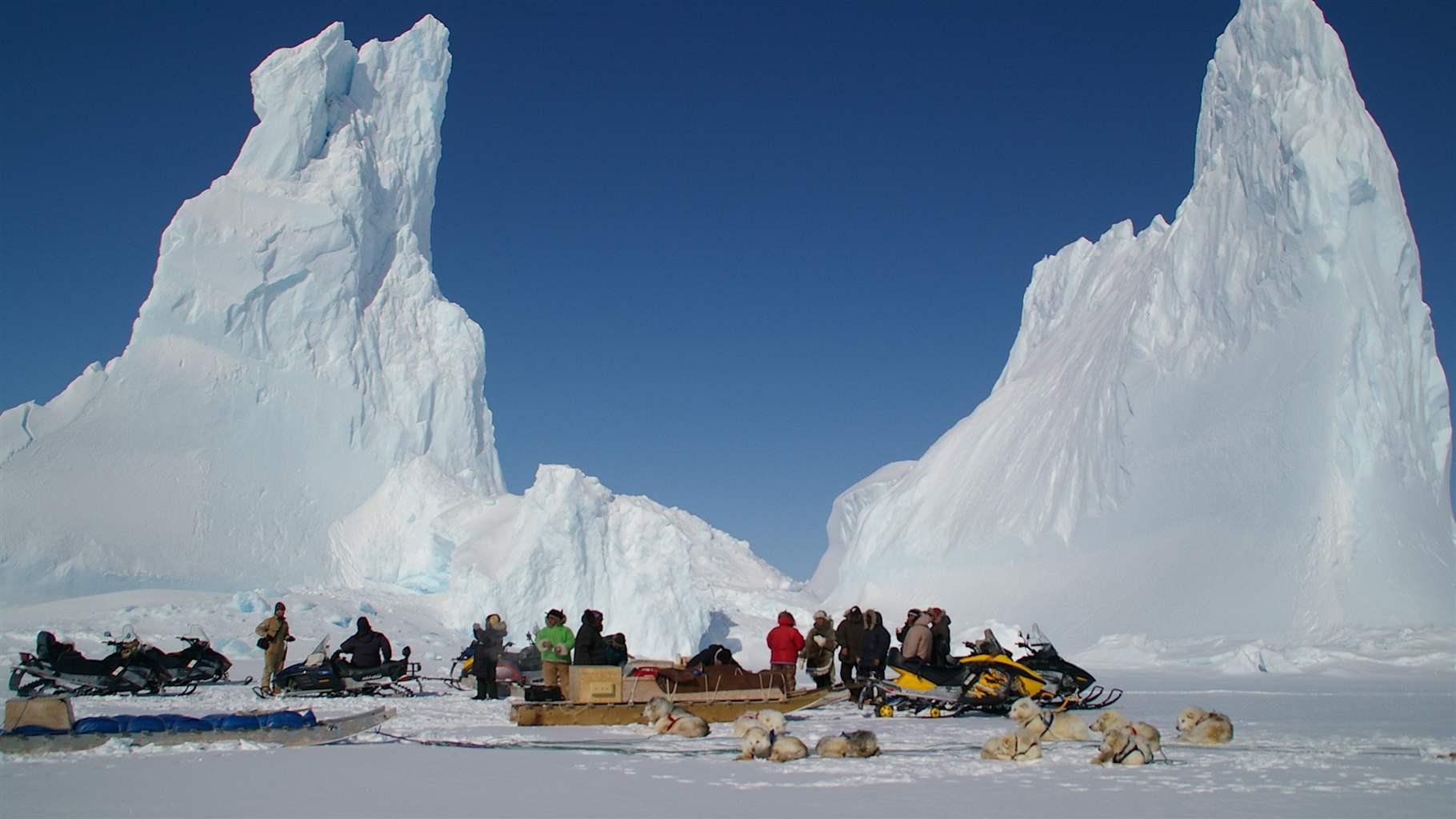Pew Welcomes the 2019 Marine Fellows
Climate change is a pervasive theme in projects that focus on coastal ecosystems, fisheries management, and species protection

Eight scientists and conservationists from around the world—working on critical issues ranging from ocean acidification and coral reef and mangrove loss to fisheries management and declining populations of highly threatened species such as guitarfish and African penguins—have been named the 2019 recipients of the Pew fellowship in marine conservation. These individuals and their projects were selected for their significant promise in protecting a diverse group of marine species and habitats.
“As climate change, habitat loss, and overfishing increasingly affect marine ecosystems, supporting technical experts to address these challenges and increase the effectiveness of marine resource management has never been more important,” said Rebecca Goldburg, director of the environmental research and science program at The Pew Charitable Trusts. “This new class of fellows will join a cadre of previous recipients who are working to tackle the growing challenges of ocean conservation.”
Since 1996, the Pew Fellows Program in Marine Conservation has recognized 172 marine experts in 39 countries. Fellows receive $150,000 each to pursue a three-year project to address a pressing ocean conservation challenge. Each recipient is a midcareer scientist or expert with an outstanding record of using high-quality research to support more effective protections for the world’s marine life.
Fellowship projects often continue to have marine conservation impacts long after a recipient’s term has concluded. For example, projects have led to designations of new protected areas, improved fisheries management, and better conservation of marine wildlife. In addition, fellows are often able to leverage their colleagues’ expertise through collaborations to take on some of the world’s urgent ocean threats.
Pew marine fellows are selected by an independent international committee composed of senior professionals in marine science and conservation.
A list of the 2019 recipients and their projects is available here.
Polita Glynn directs the Pew Fellows Program in Marine Conservation for The Pew Charitable Trusts.











